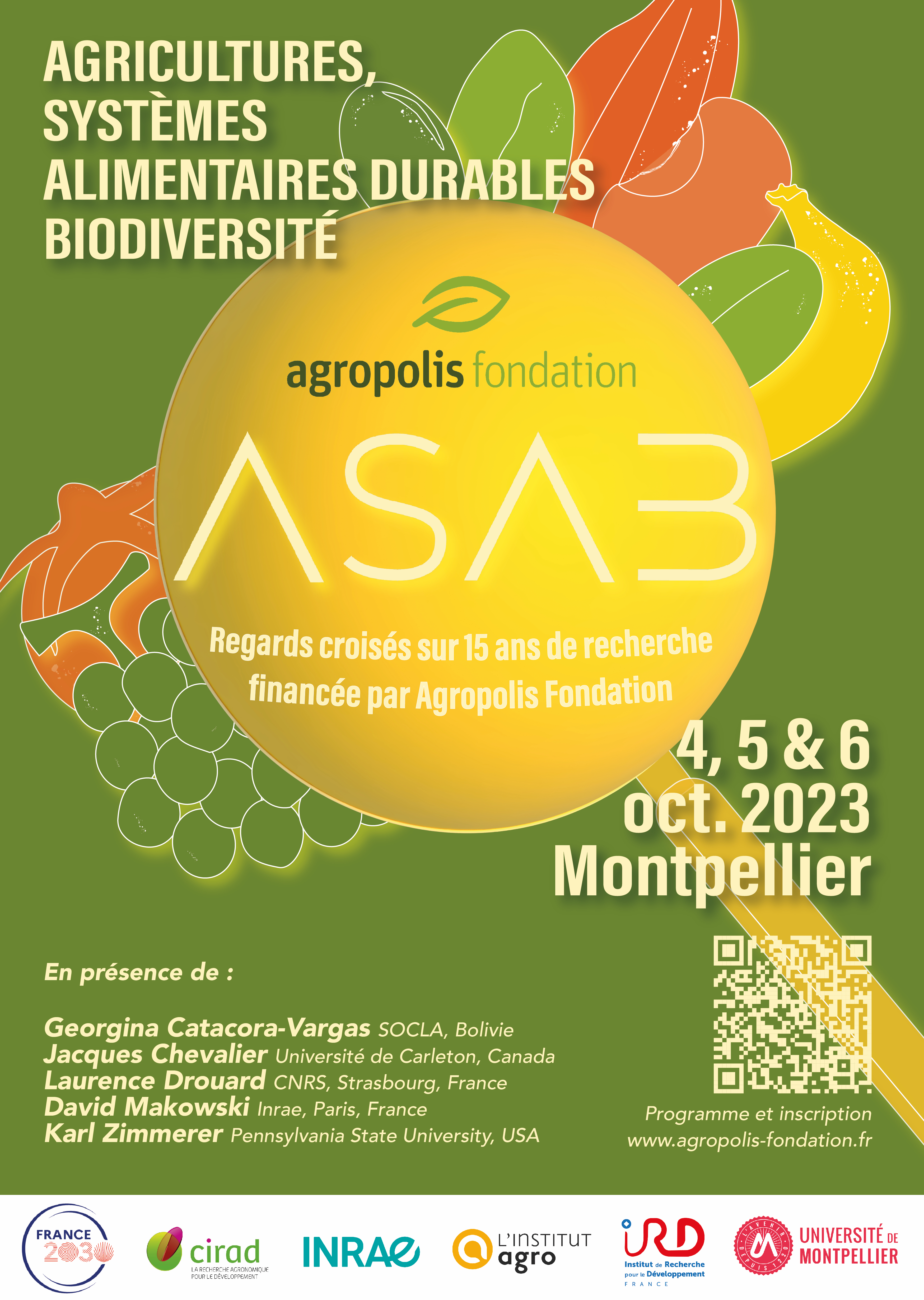Interview of Laurence Drouard, Director of the Institute of Molecular Plant Biology (IBMP), CNRS Strasbourg, France.
What led you to work in plant genetics?
Most certainly by chance. I was interested in RNA biology, and more particularly in the area of transfer RNAs (key molecules in protein synthesis) and evolution. My Master’s degree led me to the plant world as a study model, which I didn’t know very well, and I stayed on!
You are currently head of the Institute of Plant Molecular Biology (IBMP). Can you briefly tell us about it?
Créé en 1987, l’IBMP est une unité propre du CNRS associée à l’université de Strasbourg. Avec environ 160 personnes, l’unité est constituée de 16 équipes de recherche et 5 plateformes technologiques. Les thèmes de recherche abordés englobent l’étude de l’expression des gènes et la régulation des ARN, le métabolisme végétal et la signalisation cellulaire. De nombreuses questions biologiques abordées par les équipes concernent la réponse aux stress biotiques ou abiotiques et l’amélioration de la croissance des plantes. La compréhension de la biodiversité et l’utilisation de plantes non modèles ont également été développées à l’institut au cours des dernières années.
Created in 1987, the IBMP is a CNRS research unit associated with the University of Strasbourg. With around 160 staff, the unit is made up of 16 research teams and 5 technology platforms. Research topics include the study of gene expression and RNA regulation, plant metabolism and cell signalling. Many of the biological questions addressed by the teams concern the response to biotic or abiotic stresses and the improvement of plant growth. The understanding of biodiversity and the use of non-model plants have also been developed at the institute in recent years.
What research and/or innovation opportunities and/or challenges do you see in the coming years in the field of plant genetics and, more broadly, integrative biology?
The diversity and biology of photosynthetic organisms (terrestrial plants but also marine algae/microalgae, for example), despite representing more than 80% of living organisms, are still very poorly understood. Studies on the genetics of non-model organisms need to be expanded, but the range of ’multi-disciplinary’ tools required is far from adequate, compared for example with the tools developed for animal systems.
Interactions between organisms also seem to me to be an area of research that needs to be developed further. The notion of the ’holobiont’ as an entity made up of different species forming an ecological unit is in full swing. The importance of viruses no longer needs to be demonstrated, but the populations of microorganisms associated with the plant world and their consequences are still largely unknown. High-throughput approaches should speed up their identification and even more innovative multidisciplinary approaches should enable us to understand their effects on plant development and on the response to environmental stresses.


